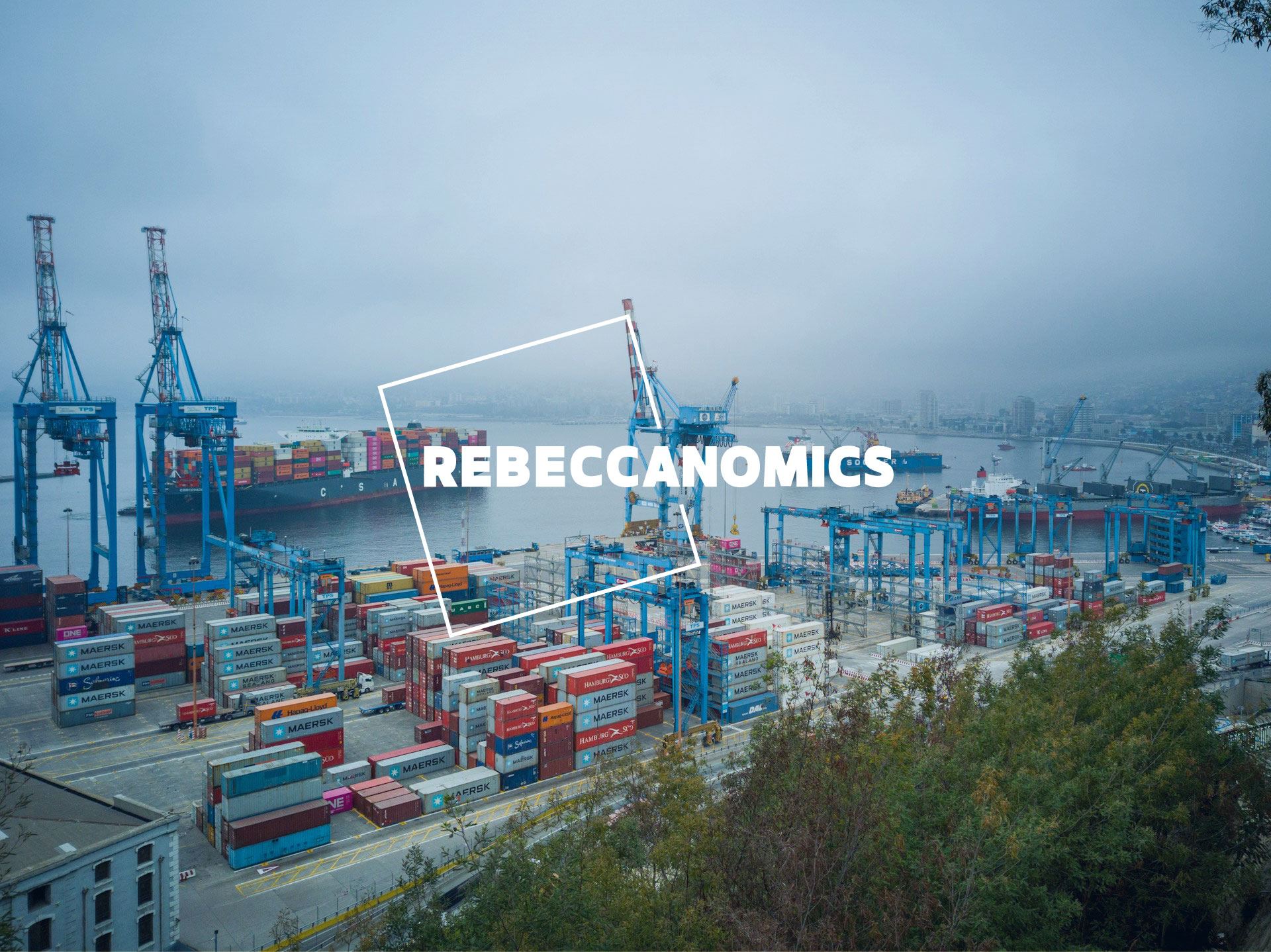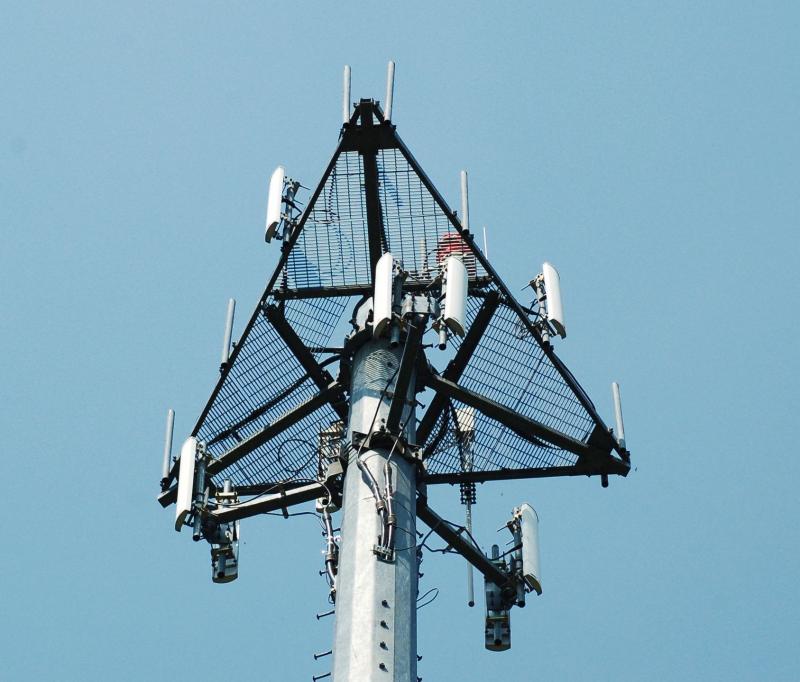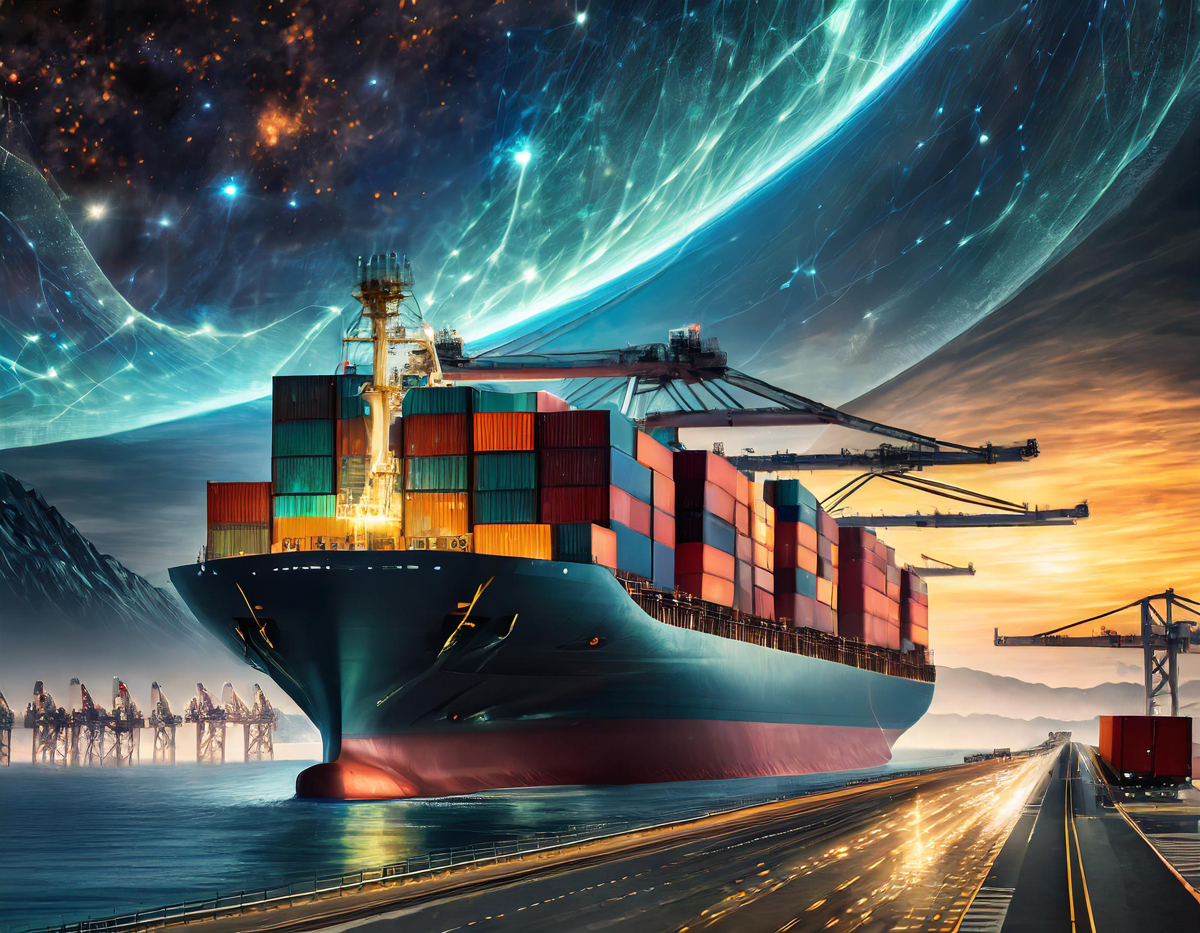
UK & DE Freight in 2024 and Beyond: A Supply Chain Logistics Case Study
Dive into the future of UK & DE freight: Adaptation, green logistics, and technological innovation shaping 2024 and beyond.

Global supply chains are the pulsating vessels through which the lifeblood of international trade flows worldwide. But they are beset by inefficiencies. Outdated legacy systems abound, transparency is lacking, disputes are common, and small companies in developing nations often struggle to access affordable trade finance. This drags on growth and raises costs for businesses and consumers alike. However, the transformational potential of decentralized finance (DeFi) could soon change that equation and usher in a new era of openness, efficiency, and financial inclusion in global commerce.
Many of the pain points in supply chains come from an over-reliance on manual, paper-based systems that leave too much room for human error and foul play. But blockchain-powered smart contracts could automate away these weaknesses and create digital certainty. Contract terms get written in immutable code, while the Internet of Things sensors can provide trusted data inputs to trigger automatic payments, transfers of tokenized goods, and more. Infrastructure like decentralized identity systems can prevent document forgery while preserving privacy. Machine learning algorithms will crunch data to flag anomalies early. And so on.
Leading corporations are already piloting such innovations with partners, recognizing the potential value at stake. IBM and Maersk have created a blockchain solution for supply chain provenance called TradeLens, now boasting over 200 participants globally. Using blockchain to cut contamination risks, Walmart is tracing foods like mangoes and pork. More and more significant enterprises are conducting proof-of-concept trials with blockchain every quarter – for good reason.
Beyond contracts, decentralized finance is also opening new avenues by enabling trade assets like invoices to be tokenized and exchanged on blockchain-based markets. This liquidity can hugely benefit cash-strapped small and medium enterprises, especially across borders where currency volatility poses additional challenges. New e-money options like USD Coin also facilitate frictionless global payments. As digitized trade becomes more mainstream, it could greatly expand access to finance and markets for developing world exporters.
Yet, for all its game-changing potential, decentralized trade tech still faces obstacles to mainstream adoption. Regulators are wary of risks like money laundering. Many emerging economies lack the digital infrastructure required. And businesses must have trust in technical concepts like cryptography that may seem arcane and risky now. With prudent cross-sector collaboration, however, these hurdles can certainly be overcome in time. Because the promise of open, efficient and inclusive global commerce that decentralized finance can unlock is too monumental to ignore. The future of supply chains may just be on the blockchain.

Dive into the future of UK & DE freight: Adaptation, green logistics, and technological innovation shaping 2024 and beyond.

Join Dr. Rebecca Harding in a crucial discussion on sustainability in economics. Dive into why regulators must evolve GDP metrics to include sustainability for an accurate portrayal of our climate challenges and the journey towards actionable global solutions.

Explore the intricate relationship between trade fragmentation, geopolitics, and supply chain resilience with Dr. Rebecca Harding. Learn why understanding the political landscape is crucial to making economic sense and how strategic trade is shaping the 21st-century battleground.

Uncover the strategic necessity of Supply Chain Resilience in our latest piece by Dr. Rebecca Harding. Discover how today’s trade becomes a domain of warfare and why intelligence in supply chains forms the New Tradecraft in safeguarding national security.

Discover how biometric technology could revolutionize global trade, offering seamless and secure cross-border transactions by reducing inefficiencies at customs and immigration, with real-time tracking and smart contract integrations, promising a future of frictionless international commerce.

Decentralized finance innovations could eliminate inefficiencies and increase transparency across global supply chains. But what are the challenges to mainstream adoption?

With sufficient coordination, shared biometric databases could allow automated frictionless passenger and cargo tracking across borders.

Cyber warfare is emerging as a potent tool for states to destabilize rival economies. But what are its limits compared to conventional coercion?
Contact
Services
About
Insights
Rebecca’s Bio
Terms and conditions
Privacy